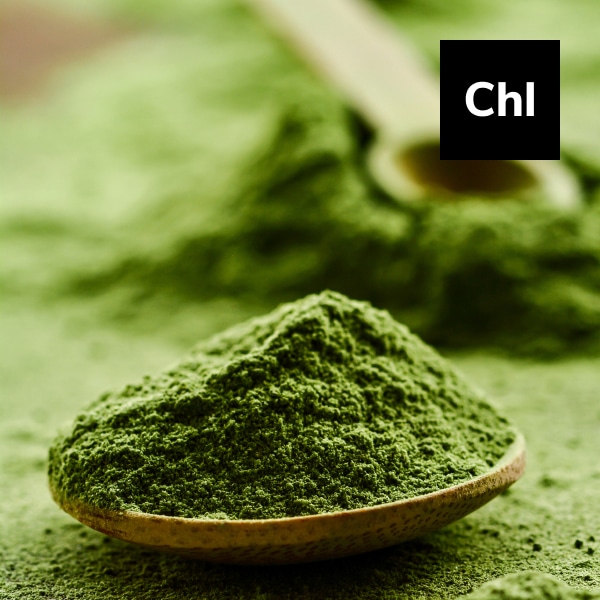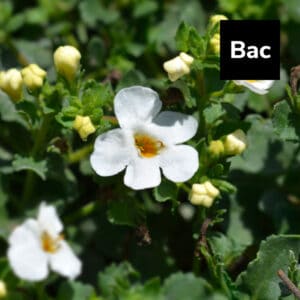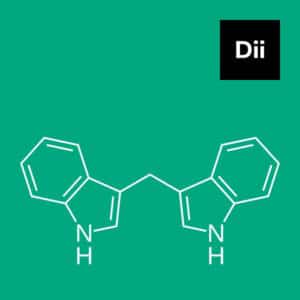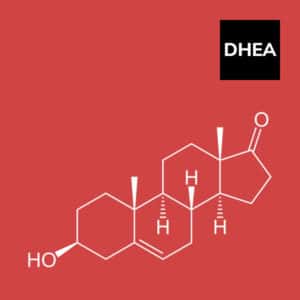Overview
Chlorella is a multicellular green algae family that includes Chlorella Vulgaris. The term chlorella is derived from the ancient Greek word “chloros,” which means “green plant” and the Latin word “ella” meaning small.
Chlorella, also known as The King of Superfoods, provides a variety of nutrients and health advantages. Chlorella is one of the few known plant sources of bio-available vitamin B-12, making it a vital part of a vegan diet. It possesses anti-bacterial and anti-viral qualities, as well as violaxanthin, an antioxidant that aids in the reduction of inflammation, which is a significant role in chronic illness.
Key Benefits
- Provides bio-absorbable iron
- Boosts immunity
- Promotes detoxification of cells
- Helps boost energy levels
- Supports the digestive system
- Supports healthy cholesterol levels
- May reduce cystitis-related visceral pain and inflammation
- Increases immunoglobulin concentrations in breast milk, which may assist in the management of chronic hepatitis C.
- Reduces the risk of anemia and edema in pregnant women.
History of Usage
Chlorella’s popularity has risen dramatically in recent years as a result of an increased interest in alternative and natural medicine and an increasing number of proponents in both medical and nutritional circles.
With rising awareness about the possible harms of chemical-based, synthetic chemicals and an ever-growing body of information about the health advantages of natural organic substances, chlorella has grown in popularity as an organic, nutritious supplement.
Chlorella has a long history of being used as a natural treatment for a variety of ailments, including eye difficulties, immunological disorders, rheumatoid arthritis, allergies, asthma, heart problems, sore throats, high cholesterol, indigestion, urinary tract infections, thrush, and urinary tract obstruction.
Biochemistry
The most widely farmed green microalgae are chlorella. It possesses beneficial biological and pharmacological characteristics, including a unique and varied composition of useful macro and micronutrients, including proteins, omega-3 polyunsaturated fatty acids, polysaccharides, vitamins, and minerals.
They include proteins (up to 60% weight), polysaccharides (from 10% to 15%), lipids (from 12% to 15%), unsaturated fatty acids, carotenoids (mainly lutein), and a variety of vitamins and immunostimulants.
Recent Trends
Green energy supplements are gaining popularity among consumers of all ages. Athletes, the elderly, busy parents, and trainers seeking methods to stay fit and active want to fuel their energy and vitality with cleaner, more sustainable sources.
Chlorella supplements may be imaginatively marketed and come in a number of formats, including sprays, pills, tablets, liquids, and powders. Spraying chlorella health supplements onto food is an easy method to include them into your diet. Chlorella is also available in pill or liquid form for consumption with water. Certain Chlorella pills come in a pre-made formula that may be added to juices or any smoothie or shake made with fruit, vegetables, or other components.
Chlorella is extremely popular in cat and dog supplements, particularly for prostate, kidney, and bladder health.
Precautions
- Diarrhea, nausea, gas, abdominal cramps, and abdominal cramping are all possible side effects.
- Possibility of increased solar sensitivity.
- Chlorella should not be consumed by people who have hemochromatosis (an excess of iron). Individuals who are using anticoagulants should see their physician prior to using chlorella, as it includes vitamin K, which can interfere with anticoagulation therapy.
- Chlorella may cause an allergic reaction in individuals sensitive to mold.
- Individuals who have thyroid problems should see their physician before using chlorella because of the high iodine content.
- Avoid taking with coffee, especially at night, as chlorella and coffee have been known to cause restlessness in some persons.
References
- Ryu, N.H., Lim, Y., Park, J.E. et al. Impact of daily Chlorella consumption on serum lipid and carotenoid profiles in mildly hypercholesterolemic adults: a double-blinded, randomized, placebo-controlled study. Nutr J 13, 57 (2014). https://doi.org/10.1186/1475-2891-13-57
- Panahi Y, Darvishi B, Jowzi N, Beiraghdar F, Sahebkar A. Chlorella vulgaris: A Multifunctional Dietary Supplement with Diverse Medicinal Properties. Curr Pharm Des. 2016;22(2):164-73. doi: 10.2174/1381612822666151112145226. PMID: 26561078.
- Hidalgo-Lucas S, Rozan P, Guérin-Deremaux L, Baert B, Violle N, Saniez-Degrave MH, Bisson JF. Benefits of Preventive Administration of Chlorella sp. on Visceral Pain and Cystitis Induced by a Single Administration of Cyclophosphamide in Female Wistar Rat. J Med Food. 2016 May;19(5):450-6. doi: 10.1089/jmf.2015.0077. PMID: 27152976; PMCID: PMC4860672.
- Azocar J, Diaz A. Efficacy and safety of Chlorella supplementation in adults with chronic hepatitis C virus infection. World J Gastroenterol 2013; 19(7): 1085-1090 [PMID: 23467073 DOI: 10.3748/wjg.v19.i7.1085]
- Nakano S, Takekoshi H, Nakano M. Chlorella (Chlorella pyrenoidosa) supplementation decreases dioxin and increases immunoglobulin a concentrations in breast milk. J Med Food. 2007 Mar;10(1):134-42. doi: 10.1089/jmf.2006.023. PMID: 17472477.
- Nakano S, Takekoshi H, Nakano M. Chlorella pyrenoidosa supplementation reduces the risk of anemia, proteinuria and edema in pregnant women. Plant Foods Hum Nutr. 2010 Mar;65(1):25-30. doi: 10.1007/s11130-009-0145-9. PMID: 20013055.




